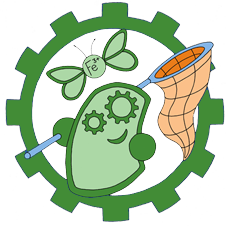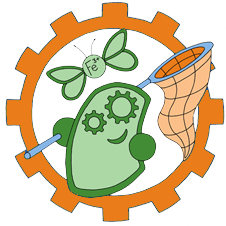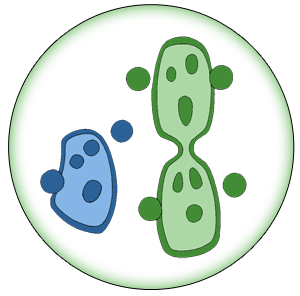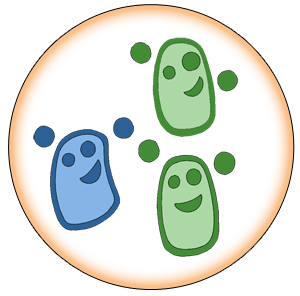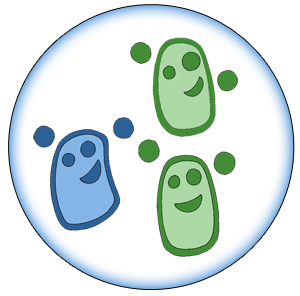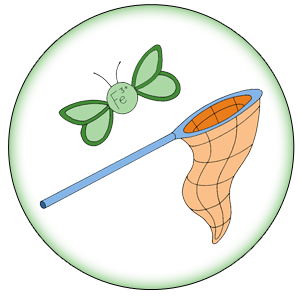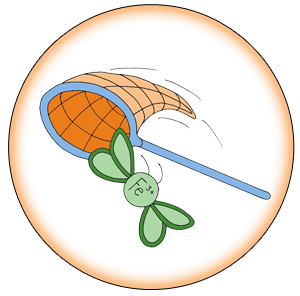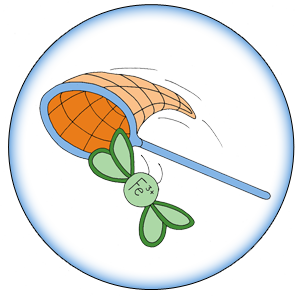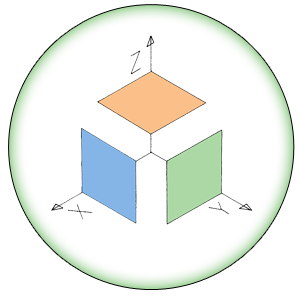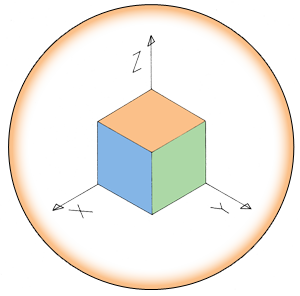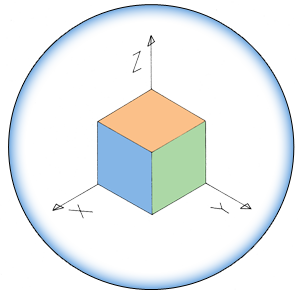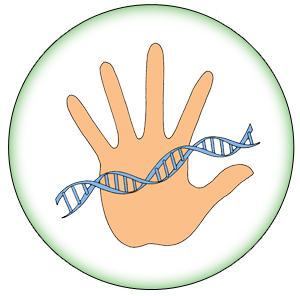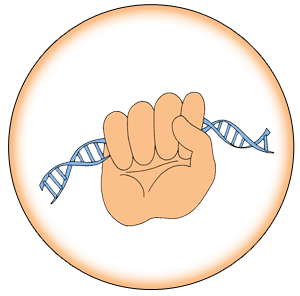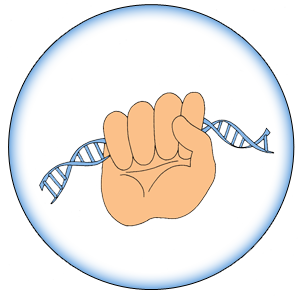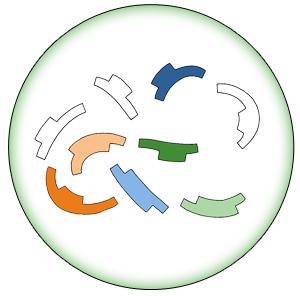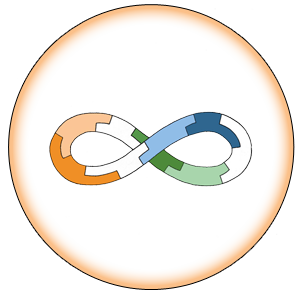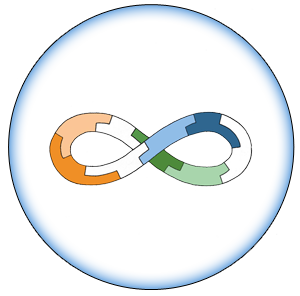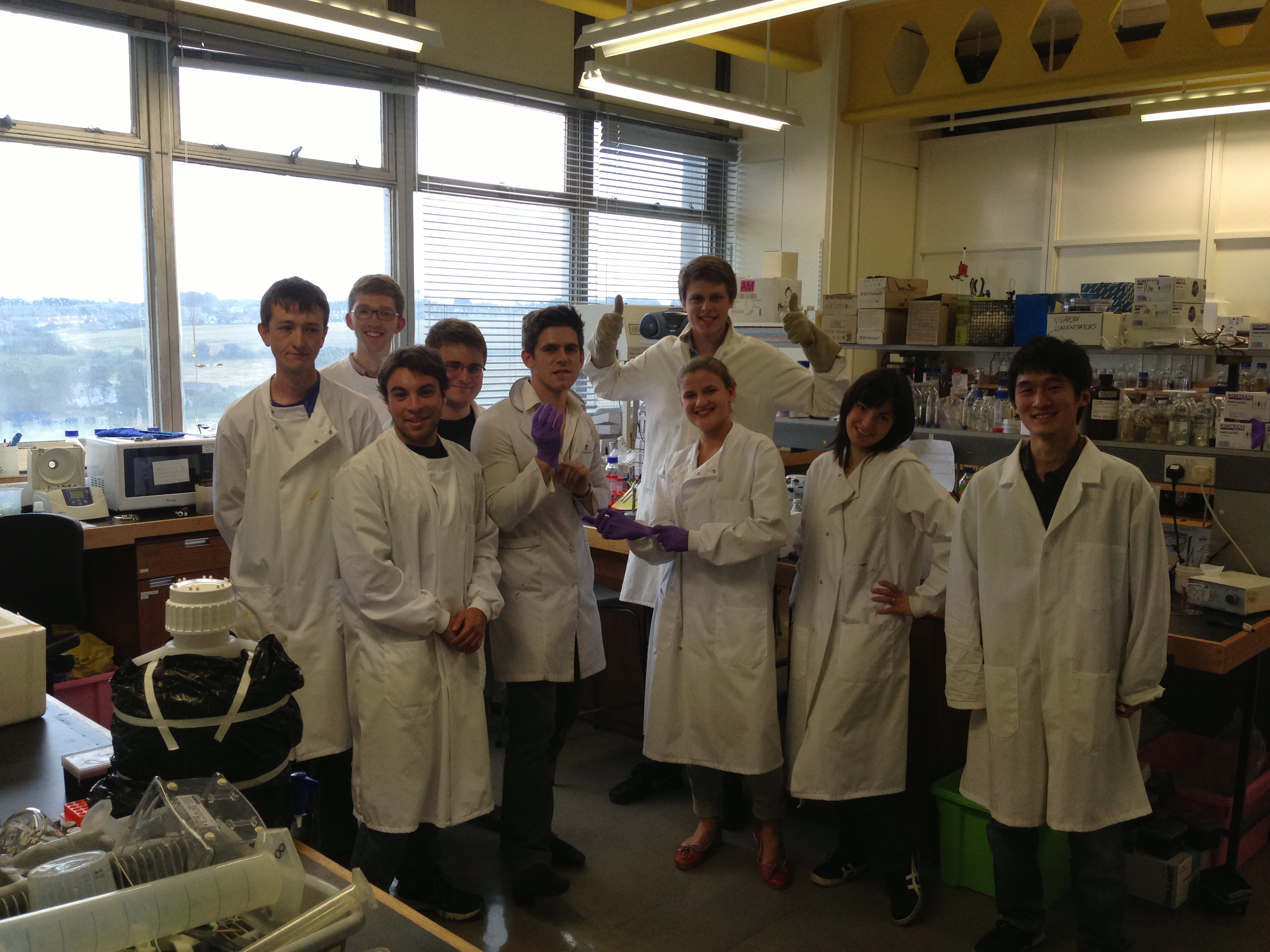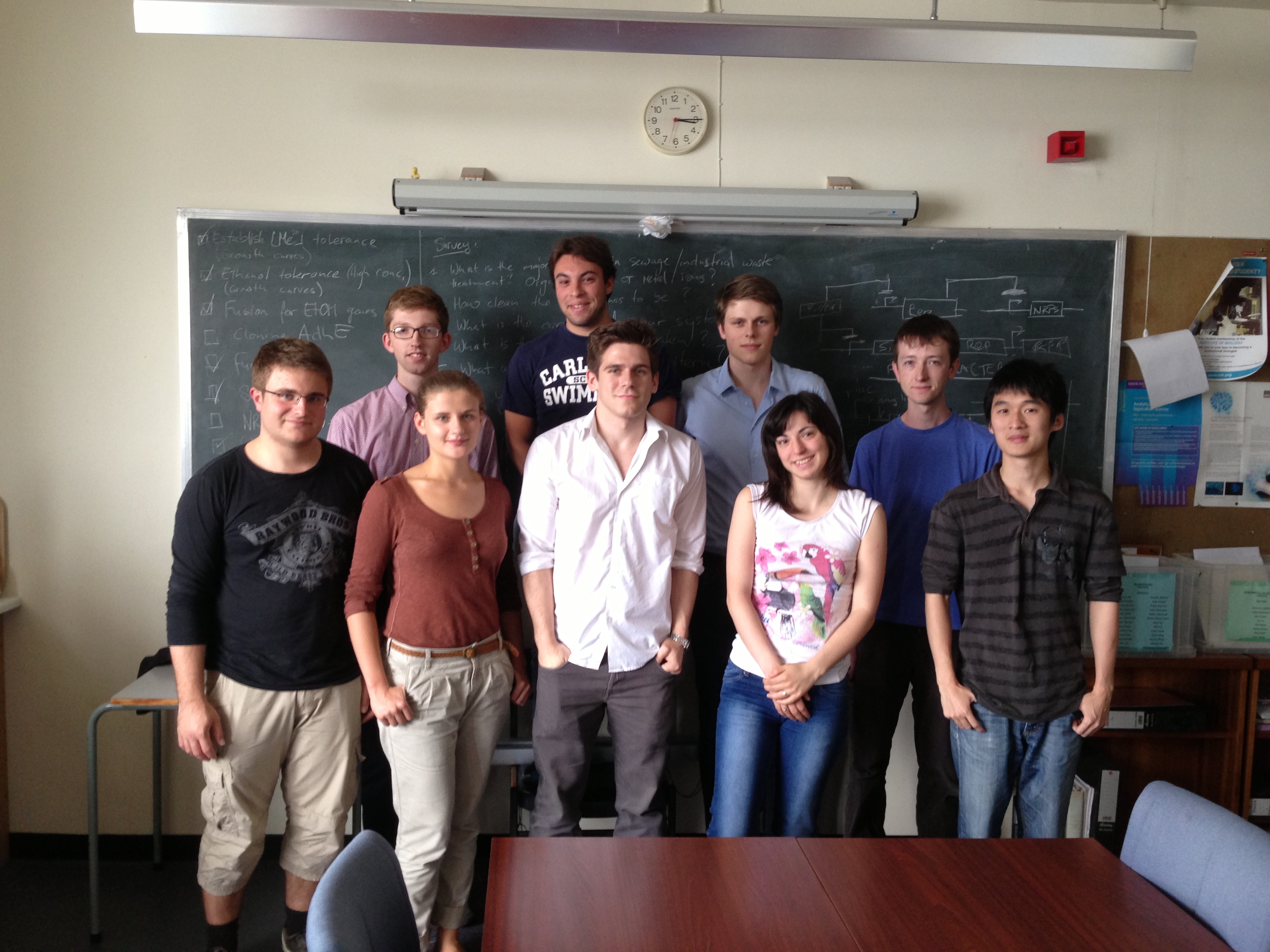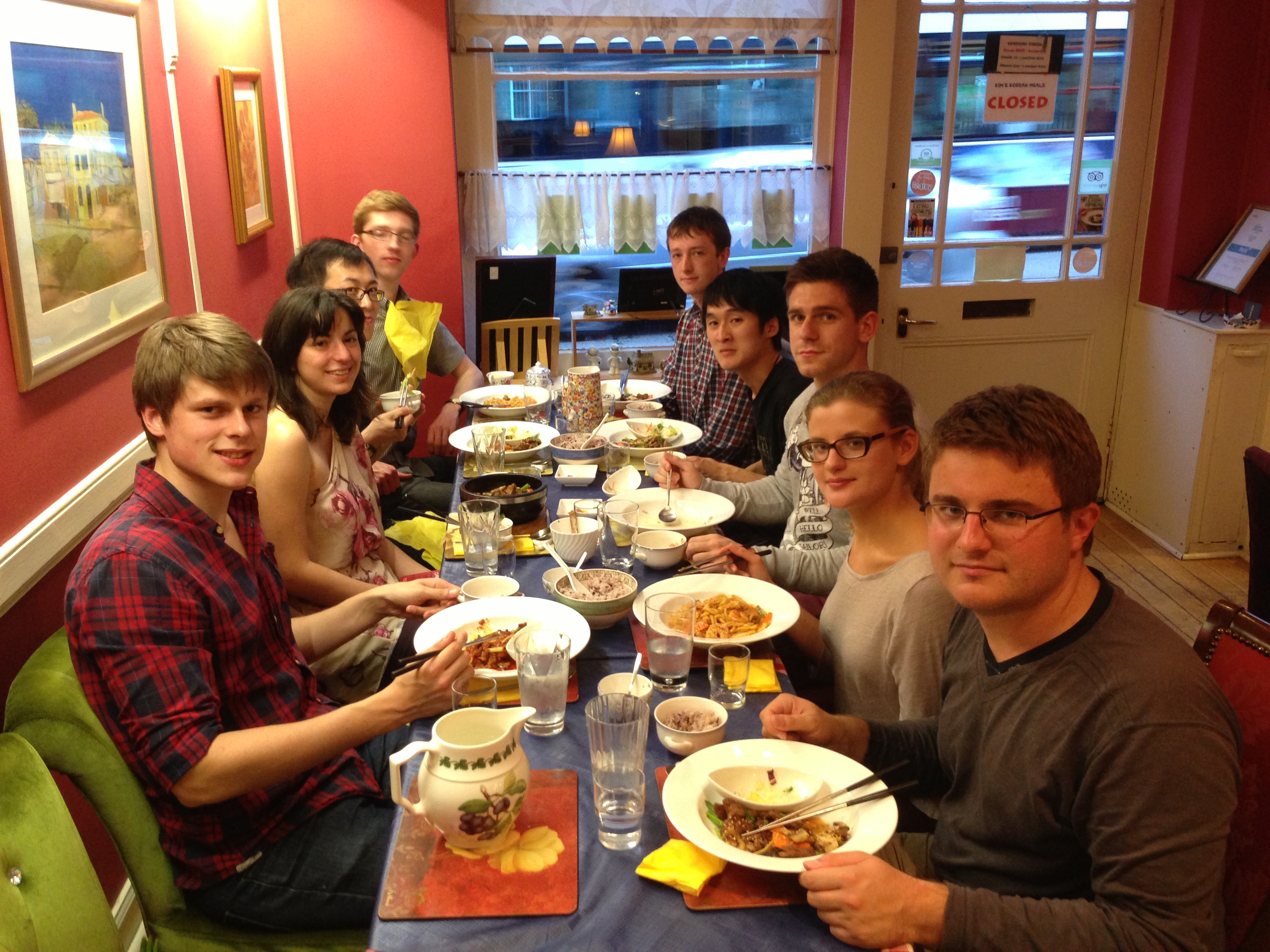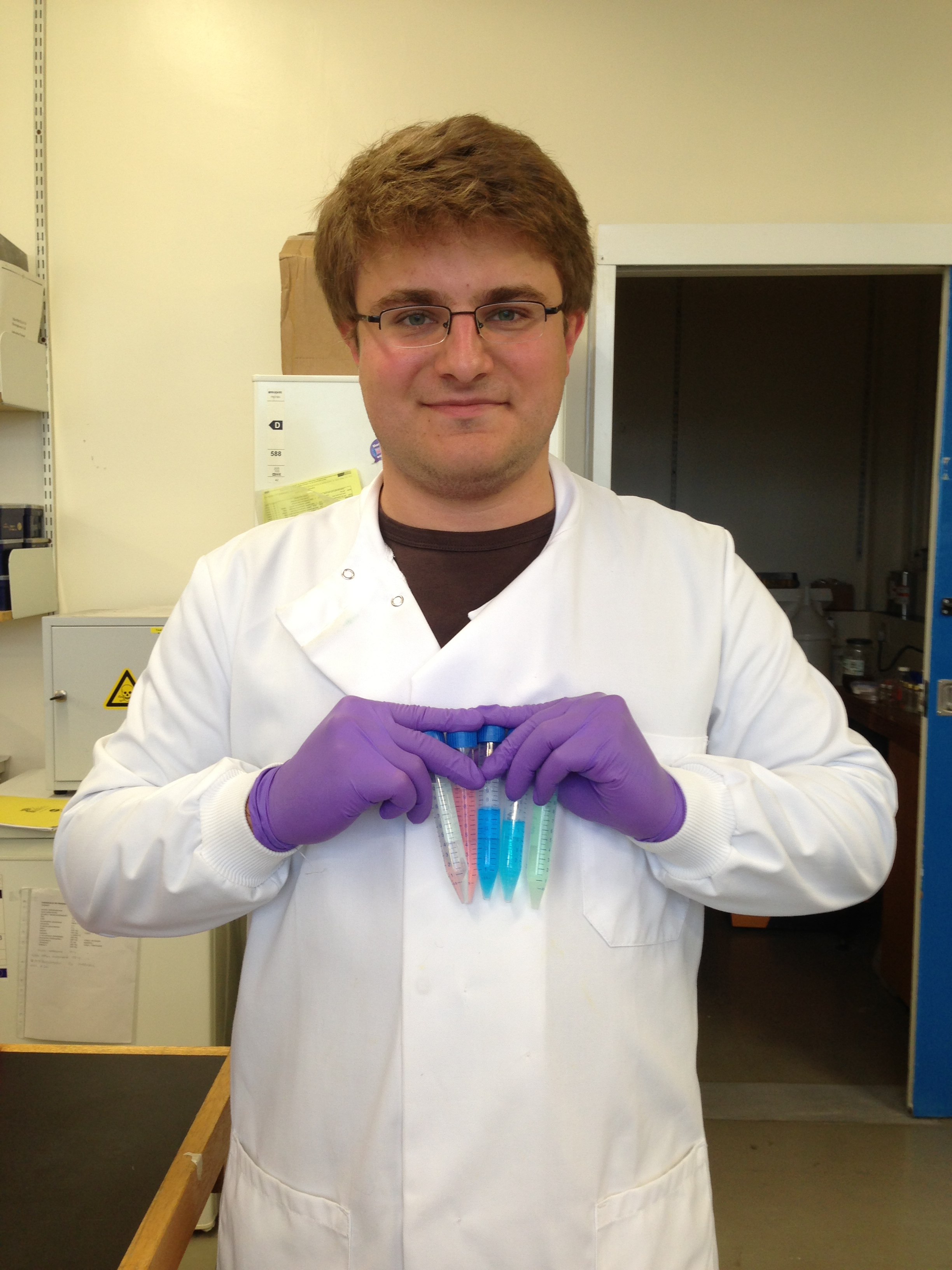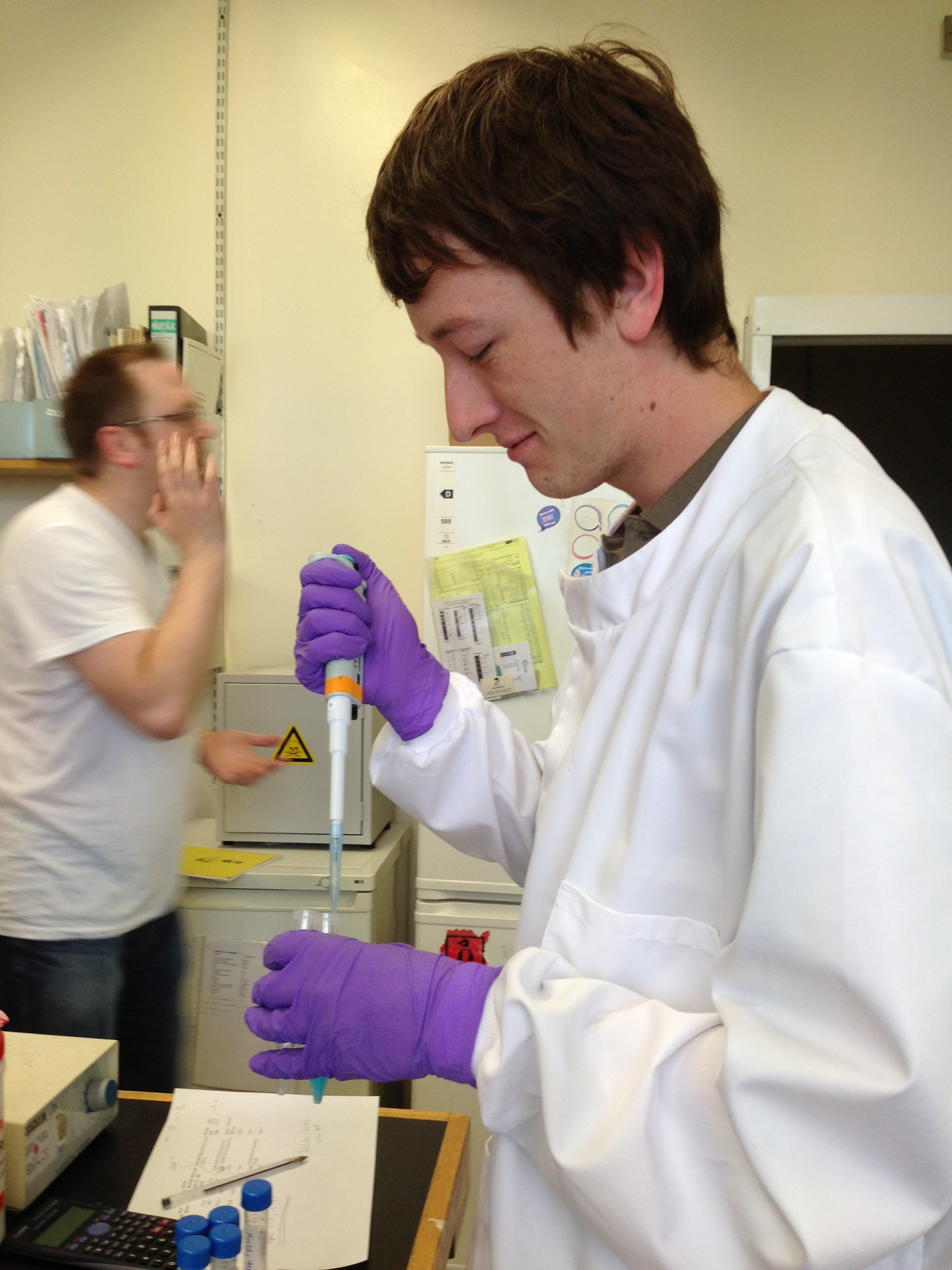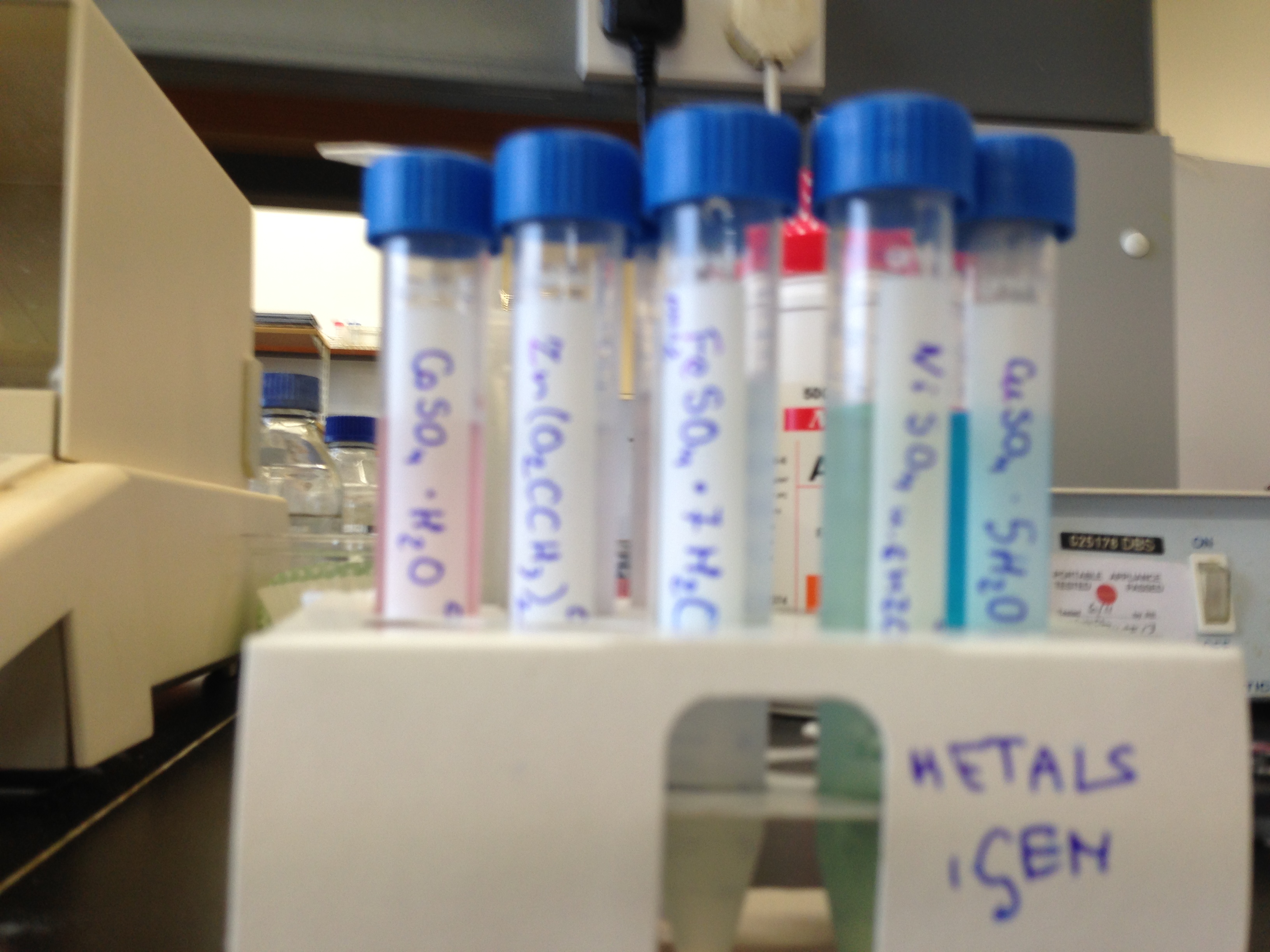Edinburgh University
From 2013.igem.org
Hristianita (Talk | contribs) |
Hristianita (Talk | contribs) |
||
| Line 48: | Line 48: | ||
</div> | </div> | ||
The Edinburgh iGEM 2013 team, WastED, is focusing on remediation and valorisation of industrial waste streams, with a particular focus on Scottish leather and whisky industry waste waters, containing toxic heavy metal ions as well as fermentable organic components. Using <i>Bacillus subtilis</i> as chassis, we are engineering organisms to capture ions using chelators and metal binding proteins, and to ferment organic components to produce biofuels. We are also testing a new assembly procedure, GenBrick, based on the Genabler assembly system. GenBrick allows assembly of multiple RFC10-compatible BioBricks in a single reaction, and is also well suited to the preparation of fusion proteins and addition of terminal tags. Enzyme fusions may enhance metabolic pathways through substrate channelling. We are testing the effect of protein fusions on fermentation efficiency for biofuel production. In addition, we are examining the implications of possible Scottish independence, following the 2014 referendum, for Synthetic Biology in Scotland. | The Edinburgh iGEM 2013 team, WastED, is focusing on remediation and valorisation of industrial waste streams, with a particular focus on Scottish leather and whisky industry waste waters, containing toxic heavy metal ions as well as fermentable organic components. Using <i>Bacillus subtilis</i> as chassis, we are engineering organisms to capture ions using chelators and metal binding proteins, and to ferment organic components to produce biofuels. We are also testing a new assembly procedure, GenBrick, based on the Genabler assembly system. GenBrick allows assembly of multiple RFC10-compatible BioBricks in a single reaction, and is also well suited to the preparation of fusion proteins and addition of terminal tags. Enzyme fusions may enhance metabolic pathways through substrate channelling. We are testing the effect of protein fusions on fermentation efficiency for biofuel production. In addition, we are examining the implications of possible Scottish independence, following the 2014 referendum, for Synthetic Biology in Scotland. | ||
| - | |||
| - | |||
| - | |||
| - | |||
</div> | </div> | ||
Revision as of 21:44, 3 October 2013
Don't let waste get wasted!
The Edinburgh iGEM 2013 team, WastED, is focusing on remediation and valorisation of industrial waste streams, with a particular focus on Scottish leather and whisky industry waste waters, containing toxic heavy metal ions as well as fermentable organic components. Using Bacillus subtilis as chassis, we are engineering organisms to capture ions using chelators and metal binding proteins, and to ferment organic components to produce biofuels. We are also testing a new assembly procedure, GenBrick, based on the Genabler assembly system. GenBrick allows assembly of multiple RFC10-compatible BioBricks in a single reaction, and is also well suited to the preparation of fusion proteins and addition of terminal tags. Enzyme fusions may enhance metabolic pathways through substrate channelling. We are testing the effect of protein fusions on fermentation efficiency for biofuel production. In addition, we are examining the implications of possible Scottish independence, following the 2014 referendum, for Synthetic Biology in Scotland.
Don't let waste get wasted!
Le but de l’équipe WastED d’Edimbourg iGEM 2013 se concentre sur la bioremédiation et la revalorisation de déchets industriels, plus particulièrement issus des eaux usées provenant des industries du cuir et du whisky contenant des ions de métaux lourds ainsi que des composants organiques. En utilisant Bacillus subtilis comme châssis, nous avons conçu un organisme qui capture des ions métalliques à l’aide de chélateurs et qui fermente des composants organiques pour produire des biocarburants. Nous testons également une nouvelle procédure d'assemblage, GenBrick, basé sur le système d'assemblage Genabler. GenBrick permet l'assemblage de plusieurs BioBricks RFC10 compatibles en une seule réaction et est aussi bien adaptée à la préparation de protéines de fusion et l'ajout d’étiquettes. Des fusions d’enzymes peuvent améliorer les voies métaboliques par canalisation du substrat. Nous testons l'effet des fusions de protéines sur l'efficacité de fermentation en ce qui concerne la production de biocarburants. En outre, nous examinons les implications d'une éventuelle indépendance de l'Ecosse à la suite du référendum de 2014, pour la biologie synthétique en Ecosse.
Don't let waste get wasted!
The Edinburgh iGEM 2013 team, WastED, is focusing on remediation and valorisation of industrial waste streams, with a particular focus on Scottish leather and whisky industry waste waters, containing toxic heavy metal ions as well as fermentable organic components. Using Bacillus subtilis as chassis, we are engineering organisms to capture ions using chelators and metal binding proteins, and to ferment organic components to produce biofuels. We are also testing a new assembly procedure, GenBrick, based on the Genabler assembly system. GenBrick allows assembly of multiple RFC10-compatible BioBricks in a single reaction, and is also well suited to the preparation of fusion proteins and addition of terminal tags. Enzyme fusions may enhance metabolic pathways through substrate channelling. We are testing the effect of protein fusions on fermentation efficiency for biofuel production. In addition, we are examining the implications of possible Scottish independence, following the 2014 referendum, for Synthetic Biology in Scotland.
Don't let waste get wasted!
The Edinburgh iGEM 2013 team, WastED, is focusing on remediation and valorisation of industrial waste streams, with a particular focus on Scottish leather and whisky industry waste waters, containing toxic heavy metal ions as well as fermentable organic components. Using Bacillus subtilis as chassis, we are engineering organisms to capture ions using chelators and metal binding proteins, and to ferment organic components to produce biofuels. We are also testing a new assembly procedure, GenBrick, based on the Genabler assembly system. GenBrick allows assembly of multiple RFC10-compatible BioBricks in a single reaction, and is also well suited to the preparation of fusion proteins and addition of terminal tags. Enzyme fusions may enhance metabolic pathways through substrate channelling. We are testing the effect of protein fusions on fermentation efficiency for biofuel production. In addition, we are examining the implications of possible Scottish independence, following the 2014 referendum, for Synthetic Biology in Scotland.
Don't let waste get wasted!
The Edinburgh iGEM 2013 team, WastED, is focusing on remediation and valorisation of industrial waste streams, with a particular focus on Scottish leather and whisky industry waste waters, containing toxic heavy metal ions as well as fermentable organic components. Using Bacillus subtilis as chassis, we are engineering organisms to capture ions using chelators and metal binding proteins, and to ferment organic components to produce biofuels. We are also testing a new assembly procedure, GenBrick, based on the Genabler assembly system. GenBrick allows assembly of multiple RFC10-compatible BioBricks in a single reaction, and is also well suited to the preparation of fusion proteins and addition of terminal tags. Enzyme fusions may enhance metabolic pathways through substrate channelling. We are testing the effect of protein fusions on fermentation efficiency for biofuel production. In addition, we are examining the implications of possible Scottish independence, following the 2014 referendum, for Synthetic Biology in Scotland.
Don't let waste get wasted!
The Edinburgh iGEM 2013 team, WastED, is focusing on remediation and valorisation of industrial waste streams, with a particular focus on Scottish leather and whisky industry waste waters, containing toxic heavy metal ions as well as fermentable organic components. Using Bacillus subtilis as chassis, we are engineering organisms to capture ions using chelators and metal binding proteins, and to ferment organic components to produce biofuels. We are also testing a new assembly procedure, GenBrick, based on the Genabler assembly system. GenBrick allows assembly of multiple RFC10-compatible BioBricks in a single reaction, and is also well suited to the preparation of fusion proteins and addition of terminal tags. Enzyme fusions may enhance metabolic pathways through substrate channelling. We are testing the effect of protein fusions on fermentation efficiency for biofuel production. In addition, we are examining the implications of possible Scottish independence, following the 2014 referendum, for Synthetic Biology in Scotland.

| 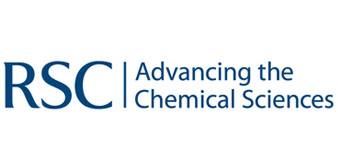
| | | | 
|
| This iGEM team has been funded by the MSD Scottish Life Sciences Fund. The opinions expressed by this iGEM team are those of the team members and do not necessarily represent those of MSD | |||||
 "
"
